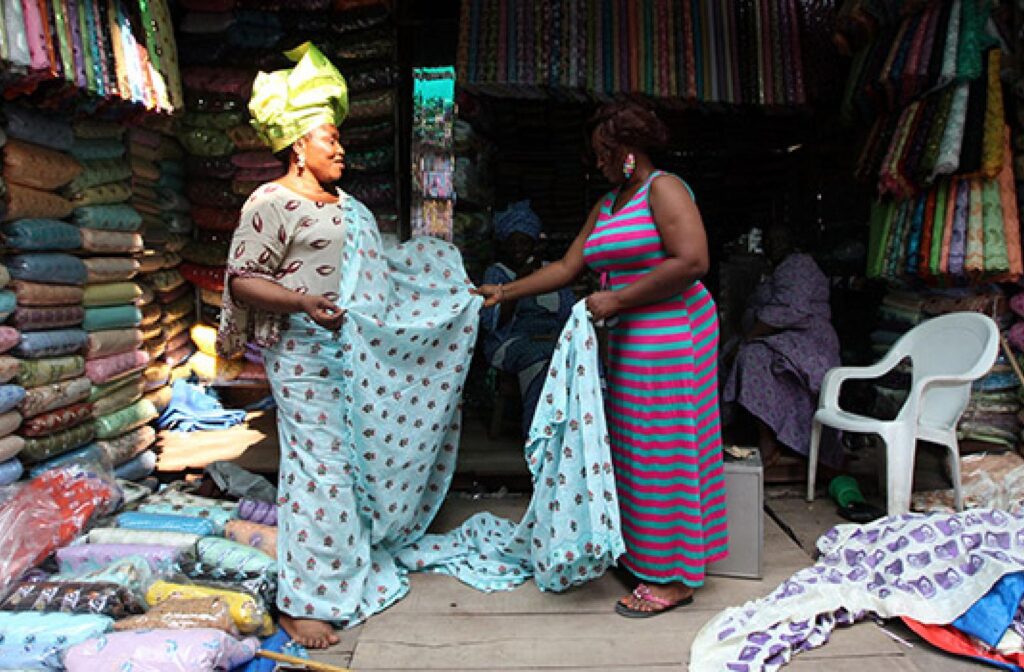Informal businesses in Nigeria have little headroom for growth as nearly 70% of their profit goes for food alone, a new report has found.
In the report, only 1.3 percent of Nigerian informal businesses reach over ₦2.5 million monthly profit.
According to the Informal Economy Report 2024, compiled by Moniepoint, this network of unregistered businesses, contributing over half of the country’s GDP — teeming with street vendors, artisans, and service providers — appears prosperous based on revenue figures.
The report which was launched on Friday in Abuja also revealed that businesses in the informal market contribute over half of Nigeria’s GDP as 72.3% of informal businesses surpass the ₦1 million mark in monthly revenue.
“Put together, businesses in the informal market contribute over half of Nigeria’s GDP. This is evident in their revenues with the bulk of them (72.3%) hitting monthly revenues of over N1,000,000 monthly. But their actual profit deviates from these high figures. Individually, most of them make less than N250,000 monthly. On the higher end of the spectrum, only about 1.3% of businesses in Nigeria’s informal economy earn above #2.5m monthly,” the Moniepoint report showed.
The report highlights that Retail and General Trade is the leading industry within the informal economy, making up 24% of all informal businesses. This category, along with Food & Drinks, Fashion and Beauty, and Agriculture, collectively accounts for over half (58.6%) of all informal businesses in Nigeria.
While the bulk of informal businesses (72.3%) generate over N1,000,000 in monthly revenue, individual profits paint a different picture. Most informal businesses make less than N250,000 monthly, with only 1.3% exceeding N2.5 million monthly earnings. Despite this, a staggering 90% contribute to the national GDP, reinforcing their significance to the Nigerian economy.
The report also reveals that a significant portion (68.2%) of their income goes towards feeding and family expenses. This is followed by reinvestment in the business (29.7%), with only a small percentage (3 out of 10) prioritizing reinvestment.
The report also shows that access to credit is a major challenge for informal businesses. Despite 70.1% having accessed credit, friends and family remain the primary source (70.7%), followed by loan apps/platforms (15.1%) and traditional banks (12.2%).
The report also challenges the notion that informal businesses neglect tax contributions. While traditionally seen as tax-evading, the study reveals a different reality. Nearly 90% of informal businesses reported paying some form of tax, primarily in the form of market levies. Over two-thirds (65.1%) pay these levies regularly, highlighting their contribution to the national coffers.










More Stories
Zelensky says he is ‘ready’ to resign as Ukraine president
In mass firings, Elon Musk’s DOGE demands U.S. federal employees detail work done in previous week or turn in resignations
Kidnappers abduct 60-year-old patient from Kano Neuro-Psychiatric hospital